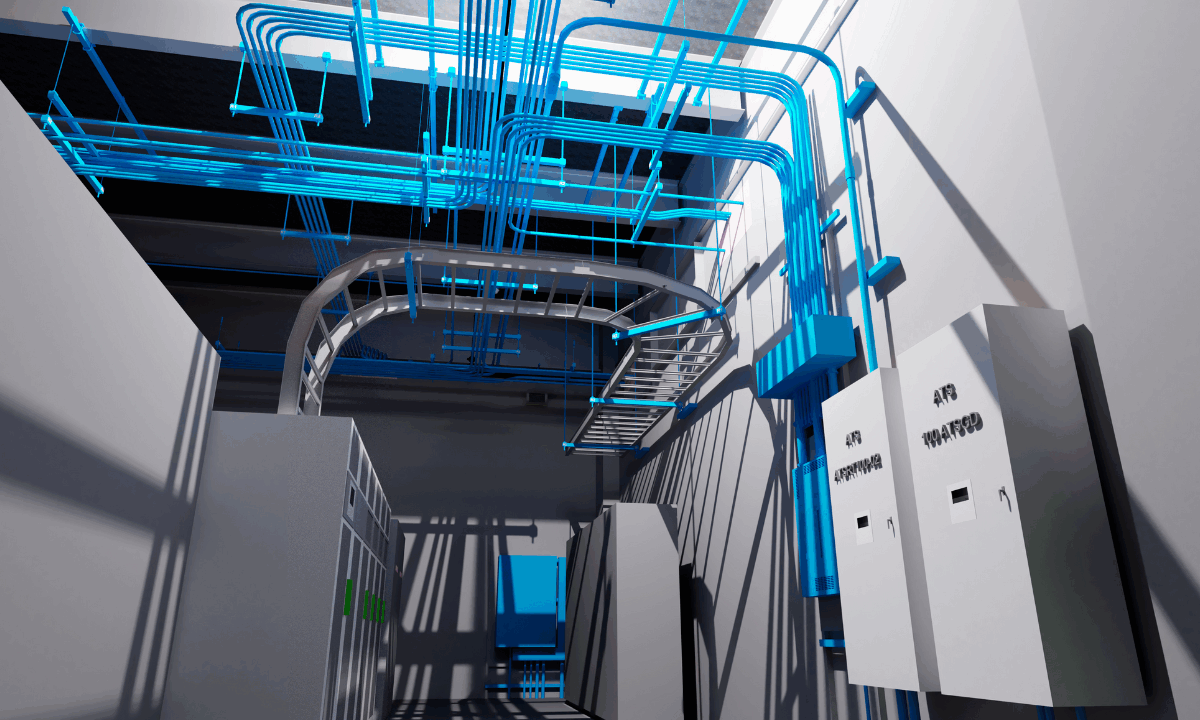Over the years, the construction industry has not kept up with improvements in payments processing, largely due to complexities in the industry and a reliance on analog processes.
But now, thanks to new user-friendly technologies, the industry is transforming. Leading construction companies and commercial developers are beginning to recognize the advantages of digitizing their financial operations. By eliminating check payments and embracing accounts payable automation, construction businesses are significantly improving payment processes for the benefit of their companies and the entire industry.
PAYMENT CHALLENGES
The construction sector faces unique operating challenges stemming from high vendor churn, disparate systems and processes and a decentralized workforce. When construction companies win new jobs, they often lack established business relationships with essential subcontractors and vendor partners in those locations. Relying on unfamiliar teams can lead to a heavy dependence on paper invoices and traditional payment methods, like checks. As a result, businesses in the construction industry are still facing multiple issues, including:
Siloed Processes: Construction firms often deal with fragmented, disparate processes that manage AP documents and invoicing through multiple systems. These inefficient, disconnected systems make it difficult to maintain an orderly payment process, leading to delays and potential errors.
Subcontractor Compliance and Pay Applications: Subcontractors present a particular challenge with their detailed pay applications. These applications go beyond standard invoices and require various items not typically found within accounting systems. Assembling these payments involves manual work and coordination among multiple stakeholders. Not surprisingly, this complexity can lead to further delays in payment processing and hinder overall efficiency.
Geographical Dispersion: Construction projects often involve receiving invoices locally but require processing at a corporate level. This system requires multiple mailings, leading to delays—and potential for vulnerability—as invoices and paper checks travel between locations.
Multiple Approvers: With payment approvers working on the road, in the field or remotely, traditional approval processes can cause extensive delays. However, businesses that implemented automation before the sharp rise in remote work did report less disruption to their approval workflows.
Manual Data Entry and Invoice Exceptions: The manual handling of data and invoice exceptions is time-consuming and prolongs invoice processing. Human errors in the transcription process can lead to inaccurate supplier information, purchase orders and/or invoices, which can easily impede invoice processing and damage supplier, vendor and/or subcontractor relationships. Manual data entry also diverts back-office personnel–who are often overwhelmed in this industry–from engaging in more strategic tasks.
EVOLVING TECHNOLOGIES AND THE MARKET FOR AUTOMATION
Fortunately, improving technologies have paved the way for automation in the construction industry. Providers now offer user-friendly tech stacks that lower the barrier of entry for automation and facilitate simplified integration with companies’ existing systems. These solutions can revolutionize a companies’ (and the industry’s) financial and field operations by automating complex, time-consuming processes.
Another significant factor driving AP automation’s momentum is a fear of being left behind as companies upgrade outdated, manual processes. In fact, two-thirds of financial leaders across industries believe their organizations will achieve AP automation by 2025.
Among the myriad advantages automation offers are:
Time and Efficiency Savings: Implementing AP automation can significantly speed up payment processes. Eliminating the manual handling of invoices and checks saves precious time, while reducing the need for physical paperwork streamlines approvals and minimizes processing time. Overall, digitized processes greatly improve efficiency and productivity throughout the payment cycle.
Enhanced Security Measures and Fraud Prevention: AP automation systems ensure secure and accurate payment processing by providing digitization and verification tools. They also create an audit trail for streamlined approvals and vendor and payment validation, making it easier to address compliance requirements and internal audits.
Streamlined Vendor Management and Strengthened Supply-Chain Relationships: AP automation allows construction companies to set up vendor profiles, receive invoices electronically, and promptly issue purchase orders. This approach improves the efficiency of the overall construction payment cycle, while strengthening vendor relationships.
Increased Cash-Flow Management: Finally, AP automation enables construction companies to better manage their cash flow. With faster payment processing and enhanced visibility into financial transactions, companies can make more informed decisions and optimize working capital.
EMBRACE TECHNOLOGY TO OPTIMIZE AP PROCESSES
Implementing a dynamic, automated AP system can enhance security and simplify workflows through payment scheduling, automatic approvals and real-time payment status tracking. Certain solutions are designed to align seamlessly with construction ERPs, comprehensively solve subcontractors’ and material suppliers’ payment needs, and even streamline complex payment processes such as lien waiver management.
In construction, where things change slowly, companies must take a proactive approach to the imminent automation of AP processes. To effectively optimize AP operations, it is crucial to implement technology-based solutions that address the challenges posed by outdated methods and the industry’s complexities.







